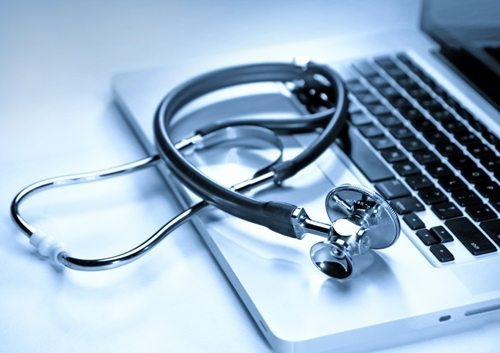Certain industries have been among the most popularly discussed in the automation conversation, including accounting and manufacturing, while others have not yet seemed to be as proactive in their deployments. One example is health care, which already leverages some of the most advanced technologies in the world, but does not have the same type of robust tools in place for various aspects within the workflow.
Content management, invoicing and data capture are three of the most important aspects of health care organization operations, while all three can often benefit from the use of advanced, secure automation solutions. Inaccuracies are sources of risk no matter which type of operations are in question, but medical companies face even more substantial threats than others because of the higher level of regulation and security requirements.
As automating certain tasks to eliminate data entry and centralize management of workflow has been found to reduce the frequency of errors relatively rapidly, it should be clear that these technologies are significant for health care firms. The trick is to ensure that deployments are carried out properly and investments managed efficiently over time, with decision-makers working to ensure that no matters get left behind.
What medical firms stand to gain
Rodney Moore, writing for Healthcare Finance News, recently explained some of the ways in which medical organizations can improve their supply chain management through the use of automated tools. With all of the moving parts and recent shifts in necessary technologies, it is sometimes difficult for leaders to find the most effective methods of driving the success of automation tools.
In fact, the author pointed out that automation software will take a backseat to other investment objectives when budget planning sessions are in order. Still, Moore pointed out that there are many benefits to be had by leveraging workflow and supply chain automation tools, especially for larger organizations. He pointed to the comments of one consultant on the matter.
"A larger hospital or health system could save a significant amount of money however, a small community hospital would not get the same discounts," Nick Fabrizio of MGMA Healthcare Consulting Group told Moore. "Some smaller hospitals find better prices by working with three to four vendors and having them beat each other up on costs."
In many ways, these types of technologies will have a snowball effect when they are deemed effective by a certain sector, with more firms therein adopting the tools once they are accepted on a large scale.
Moore noted that other analysts and experts in the field believe that the ability to achieve stronger efficiency, and subsequent financial savings, will eventually put automation in higher positions during investment conversations. Additionally, he pointed out that automated enterprise resource planning is already commonly used in the industry, but that more advanced tools have yet to enjoy the same level of adoption.
Boundless potential?
Working from the bottom up, automation can have a massive and positive impact on health care workflow management and supply chain oversight. Beginning with e-invoicing, these relatively simple deployments can ensure smoother cash flow and a more consistent turnaround on payments owed by patients.
When it comes to content management and data entry, automation can simultaneously reduce the volume of resources that need to be allocated to these responsibilities and increase the accuracy of reporting. This will help from a compliance standpoint, all the while strengthening the ebb and flow of information governance for operational purposes.
At the end of the day, automation can improve the intelligence and agility of any organization when used properly.






